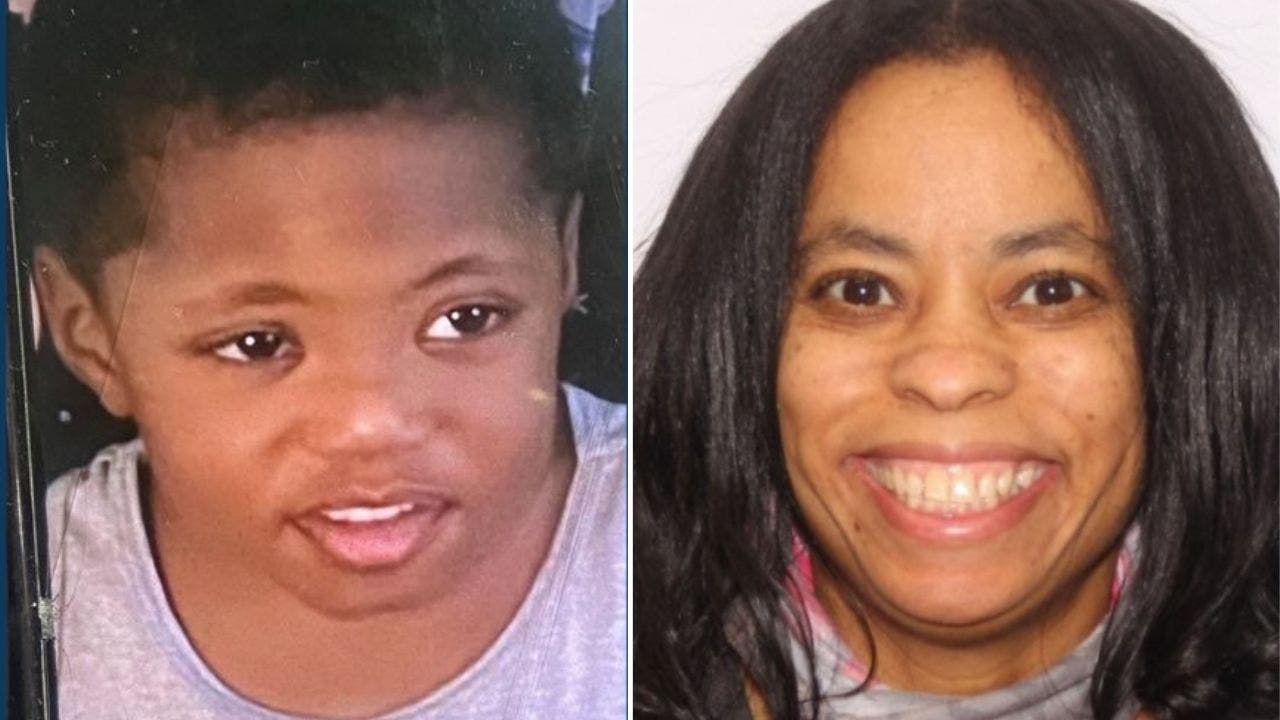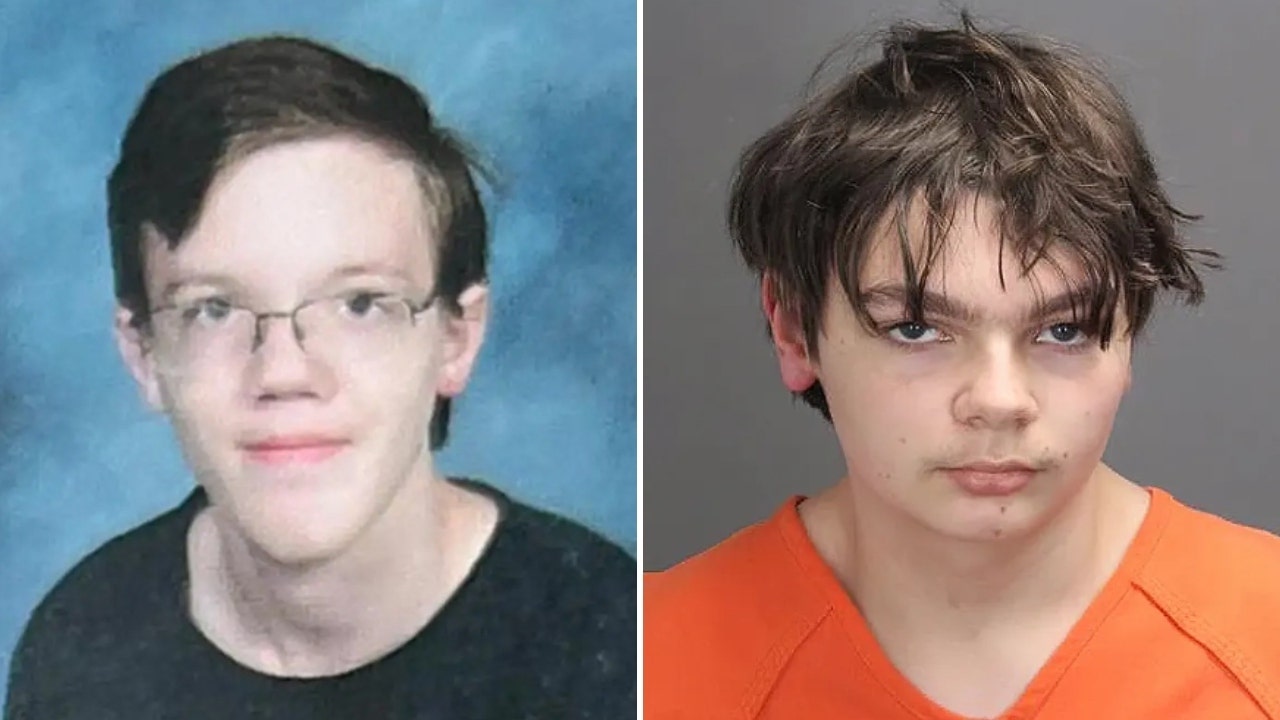Former President Donald J. Trump’s claim that former presidents must enjoy “complete immunity” from prosecution for any crimes they committed in office would significantly expand the temporary immunity that sitting presidents already have.
Nothing in the Constitution or federal statutes says that presidents are shielded from being prosecuted while in office, and no court has ever ruled that way. But political appointees in the Justice Department’s Office of Legal Counsel, whose interpretations are binding on the executive branch, have declared that the Constitution implicitly establishes such immunity.
This argument boils down to practicalities of governance: The stigma of being indicted and the burden of a trial would unduly interfere with a president’s ability to carry out his duties, Robert G. Dixon Jr., then the head of the Justice Department’s Office of Legal Counsel, wrote in a memo in September 1973. This would prevent the executive branch “from accomplishing its constitutional functions” in a way that cannot “be justified by an overriding need,” he added.
Mr. Dixon, an appointee of President Richard M. Nixon, wrote his memo against the backdrop of the Watergate scandal, when Mr. Nixon faced a criminal investigation by a special counsel, Archibald Cox. The next month, Nixon’s solicitor general, Robert H. Bork, in a court brief, similarly argued for an “inference” that the Constitution makes sitting presidents immune from indictment and trial.
(That same month, Mr. Nixon had Mr. Cox fired in the so-called Saturday Night Massacre. Mr. Nixon’s attorney general and deputy attorney general resigned rather than carry out his orders to oust the prosecutor; Mr. Nixon then turned to Mr. Bork, the department’s No. 3, who proved willing to do it. Amid a political backlash, Mr. Nixon was forced to allow a new special counsel, Leon Jaworski, to resume the investigation.)
The question arose again a generation later, when President Bill Clinton faced an investigation by Kenneth Starr, an independent counsel, into the Whitewater land deal that morphed into an inquiry into his affair with Monica Lewinsky, a White House intern. Randolph D. Moss, Mr. Clinton’s appointee to lead the Office of Legal Counsel, reviewed the Justice Department’s 1973 opinions and reaffirmed their conclusions.
Legal scholars, as well as staff for prosecutors investigating presidents, have disputed the legitimacy of that constitutional theory. In 1974, Mr. Jaworski received a memo from his staff saying he could, in fact, indict Mr. Nixon while he was in office, and he later made that case in a court brief.
And in a 56-page memo in 1998, Ronald Rotunda, a prominent conservative constitutional scholar whom Mr. Starr hired as a consultant on his legal team, rejected the view that presidents are immune from prosecution while in office. Mr. Starr later said that he had concluded that he could indict Mr. Clinton.
“It is proper, constitutional, and legal for a federal grand jury to indict a sitting president for serious criminal acts that are not part of, and are contrary to, the president’s official duties,” Mr. Rotunda wrote. “In this country, no one, even President Clinton, is above the law.”
Mr. Starr commissioned the Rotunda memo as he was drafting a potential indictment of Mr. Clinton, and Mr. Starr decided that he could charge the president while in office. In the end, however, both Mr. Jaworski and Mr. Starr decided to let congressional impeachment proceedings play out and did not try to bring indictments while Mr. Nixon and Mr. Clinton remained in office.
The question may never be definitively tested in the courts. In 1999, Congress allowed a law that created independent counsels like Mr. Starr — prosecutors who do not report to the attorney general — to expire, and the Justice Department issued regulations to allow for the appointment of semiautonomous special counsels for inquiries into potential high-level wrongdoing in the executive branch.
Special counsels are, however, bound by Justice Departments policies and practices — including the Office of Legal Counsel’s proclamation that sitting presidents are temporarily immune from criminal indictment or trial.






